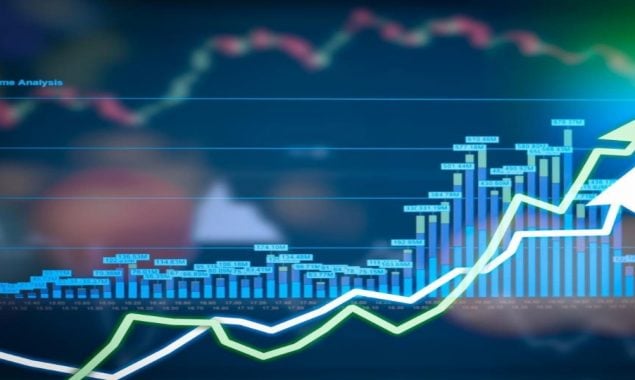Dogecoin surges as Tesla accepts payments
LONDON: Cryptocurrency dogecoin jumped more than 20 per cent on Friday as...
UN praises Pakistan’s growth of 4.5%

KARACHI: Pakistan’s economy brushed aside the negative impact of the Covid-19 pandemic, as it registered a robust growth of 4.5 per cent in 2021, a latest UN report revealed.
At the same time, the global body advised the State Bank of Pakistan (SBP) to assess the magnitude and timing of the monetary policy to support an inclusive recovery.
“Pakistan economy remains on a relatively robust recovery path,” it said in its report on the World Economic Situation Prospects released on January 13, 2022.
The UN released the global report on the completion of two years of Covid-19 pandemic. It said due to devastation of the pandemic, achieving Sustainable Development Goals (SDGs) are out of reach.
However, despite the adversities of the pandemic, the UN praised Pakistan and regional countries for maintaining the fiscal space during the pandemic.
Earlier, Prime Minister Imran Khan had said that despite the 2018 worst balance of payments crisis, economic problems due to the Covid-19, high commodity prices in international markets and direct and indirect impact of humanitarian crisis in Afghanistan, Pakistan was expected to achieve over 4 per cent economic growth, which is a major success.
“Since, we inherited huge circular debt, anti-export policies, unstable financial conditions, less competitive business environment and the policies of lower incentives for the private sector, the present government’s three years are an economic success story,” he added.
In its report, the UN weighed the robust economic recovery of Pakistan to private consumption, record high remittances and fiscal support.
The United Nations (UN) has projected Pakistan’s GDP growth at 3.9 per cent for the current fiscal year.
However, the UN forecast is less than the projection of the government’s growth target of 4.2 per cent for the current fiscal year.
Regarding strict monetary stance, the report said the interest rates have been increased due to rising inflation and widening current account deficits.
Pakistan increased interest rates in the second half of 2021. The central bank increased the interest rate by 2.75 per cent in the last three policy statements. It enhanced the key policy rate by 100 basis points to 9.75 per cent in the key policy statement on December 14, 2021.
The headline inflation based on the Consumer Price Indicator (CPI) increased 12.3 per cent on a year-on-year basis in December 2021, compared with an increase of 11.5 per cent in the previous month and 8 per cent in December 2020.
Meanwhile, the current account deficit ballooned to $7.09 billion during the first five months (July-November) 2021/22, compared with a surplus of $1.87 billion in the corresponding period of the last fiscal year.
The report termed that the revenue mobilisation and more multilateral support was necessary for the economic growth.
The revenue collection by the Federal Board of Revenue (FBR) surged 32.5 per cent to Rs2.633 trillion during the first half (July-December) 2021/22 of the current fiscal year, compared with Rs2.204 trillion in the corresponding half of the last fiscal year.
According to the latest State Bank of Pakistan data, the remittances sent by overseas Pakistanis increased 11.26 per cent to $15.8 billion during the first half (July-December) of the fiscal year 2021/22.
The inflows were $14.2 billion in the same half of the last fiscal year.
The central bank said with $2.5 billion of inflows during December 2021, the workers’ remittances continued their strong impetus of remaining over $2 billion since June 2020.
In terms of growth, the remittances increased 2.5 per cent on a month-on-month basis and 3.4 per cent on a year-on-year basis in December 2021.
The UN; however, said that the G20 Debt Service Suspension Initiative did not provide substantial relief to eligible countries, including Pakistan.
“Relief stood at less than 20 per cent of the debt service obligations or around 1.6 per cent of GDP, on an average.”
Catch all the Business News, Breaking News Event and Latest News Updates on The BOL News
Download The BOL News App to get the Daily News Update & Follow us on Google News.